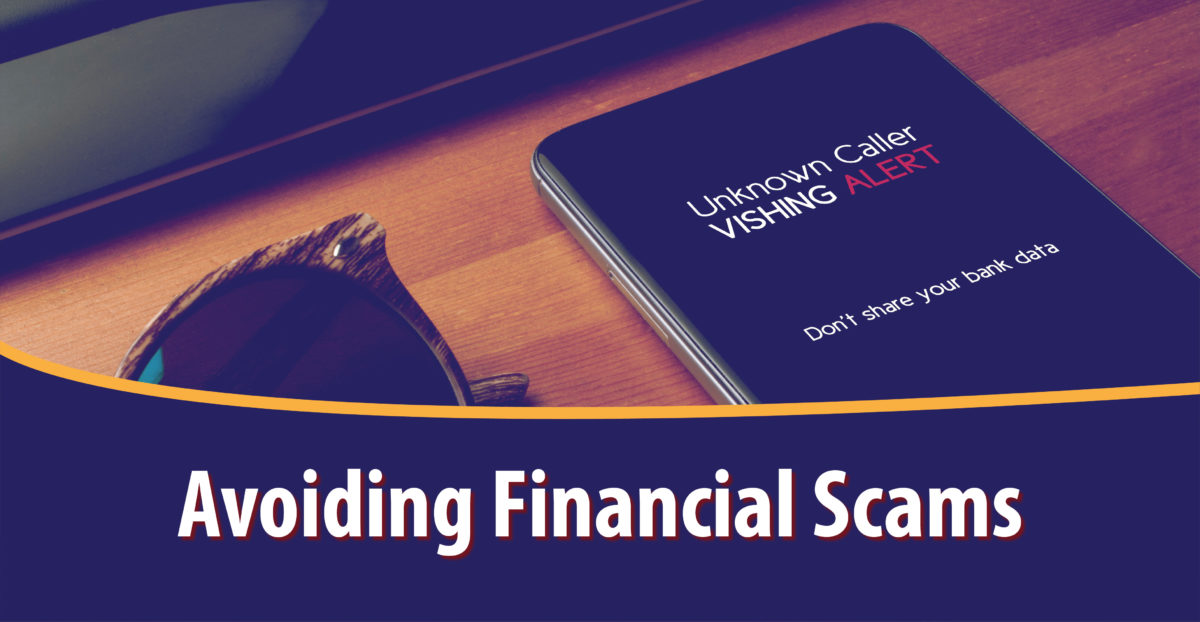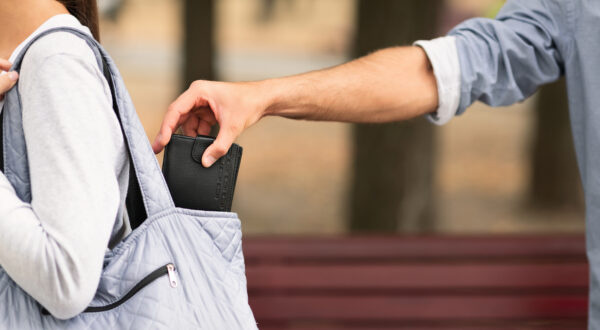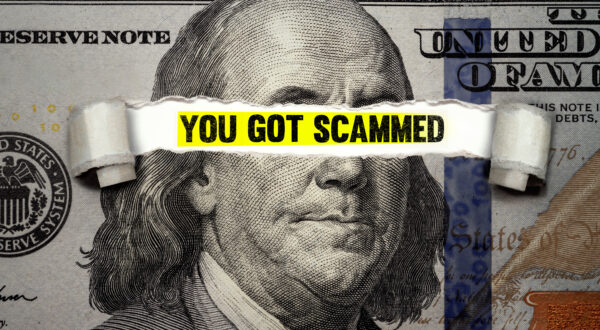Avoiding Financial Scams
As the situation surrounding the coronavirus continues to develop, your health and financial security continues to be our priority. It appears that the world is under attack by the novel coronavirus, COVID-19, and it’s important to keep yourselves as safe as possible by washing your hands and adhering to government recommendations and regulations. Even though we are dealing with a physical threat, it’s important to stay vigilant because criminals are taking advantage of this situation.
Over the past few months and more recently, there has been an increase in phishing, fraud, and COVID-19 malicious websites. There are several scams and malware websites related to the coronavirus that are increasing in number as the situation progresses.
Phishing and Malware
These scams appear in the form of emails and websites aiming to hack into your machine and steal information. They also aim to trick the user and lure them to willingly give up private information. They appear to come from credible sources like the World Health Organization or CDC. Be careful when opening emails or clicking on links. Always pay attention to the sender’s email address and never open an attachment unless you are sure of the sender.
Mobile Threats
In addition to the phishing scams and malware infected websites, scammers are also attempting to hack mobile devices. They are sending fraudulent text messages and emails containing viruses or ransomware. Be aware of Coronavirus tracking or information apps. It’s recommended to continue to go to trusted news websites and the official CDC or WHO websites to gain information about the ongoing situation.
Money Mules, Scams, and Extortion
In this time please exercise caution when purchasing products, sending or receiving money, or ordering supplies. There are criminals who are setting up fake online stores for people to buy supplies that they need. There are also fraudulent charities and organizations that are promising to give and accept donations. Remain vigilant and always confirm your sources.
Here are few examples of what the scams may look like:
- A text from Netflix, Hulu, or other streaming services stating that due to social distancing, they’re offering free, premium service
- An email claiming you’re eligible for an emergency government grant
- A call from Louisiana State Police asking if you’d like them to come and visit your home or office in order to offer advice on the best security company to use
- A call from someone stating your family member is exhibiting signs of the coronavirus and is in hospital, but they can’t be seen until a deposit is paid.
We know that during this time, you are concerned about the health and well-being of your family and friends. Sadly, this is also a time for cybercriminals to set up and attack uninformed citizens. We want you and your information to remain safe.
The U.S. Department of Treasury says on its website, “If you receive calls, emails, or other communications claiming to be from the Treasury Department and offering COVID-19 related grants or stimulus payments in exchange for personal financial information, or an advance fee, or charge of any kind, including the purchase of gift cards, please do not respond. These are scams.”
What can you do?
It’s important to keep the anti-malware and antivirus software on your computer up-to-date and to strengthen the security settings on all of your devices.
Practice responsible browsing when online. Never download an attachment from an unknown source or click on links embedded in an email or social media post from an unknown sender.
Don’t share sensitive information online either. If you’re unsure about a website’s authenticity, check the URL and look for the lock icon and the “s” after the “http” which indicate that the site is secure.
If you receive an email you believe to be spam, you’re asked to forward it to the Anti-Phishing Working Group at reportphishing@apwg.org.
If you get a scam text message, forward it to SPAM (7726).
If you get a scam telephone call, contact the Federal Trade Commission’s Consumer Information line at 1-877-382-4357. You can also contact the Louisiana Attorney General’s Fraud Protection hotline by calling 1-800-351-4889.
The Better Business Bureau of South Central Louisiana also offers resources to warn consumers about scams revolving around COVID-19.
Consumers can contact the BBB by calling 225-346-5222.





